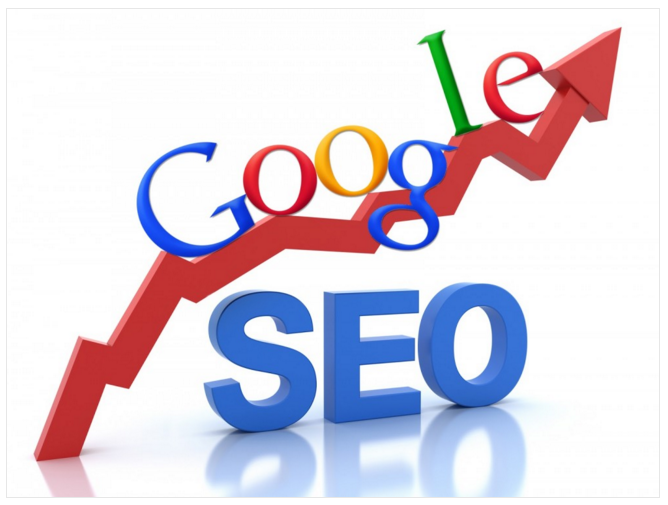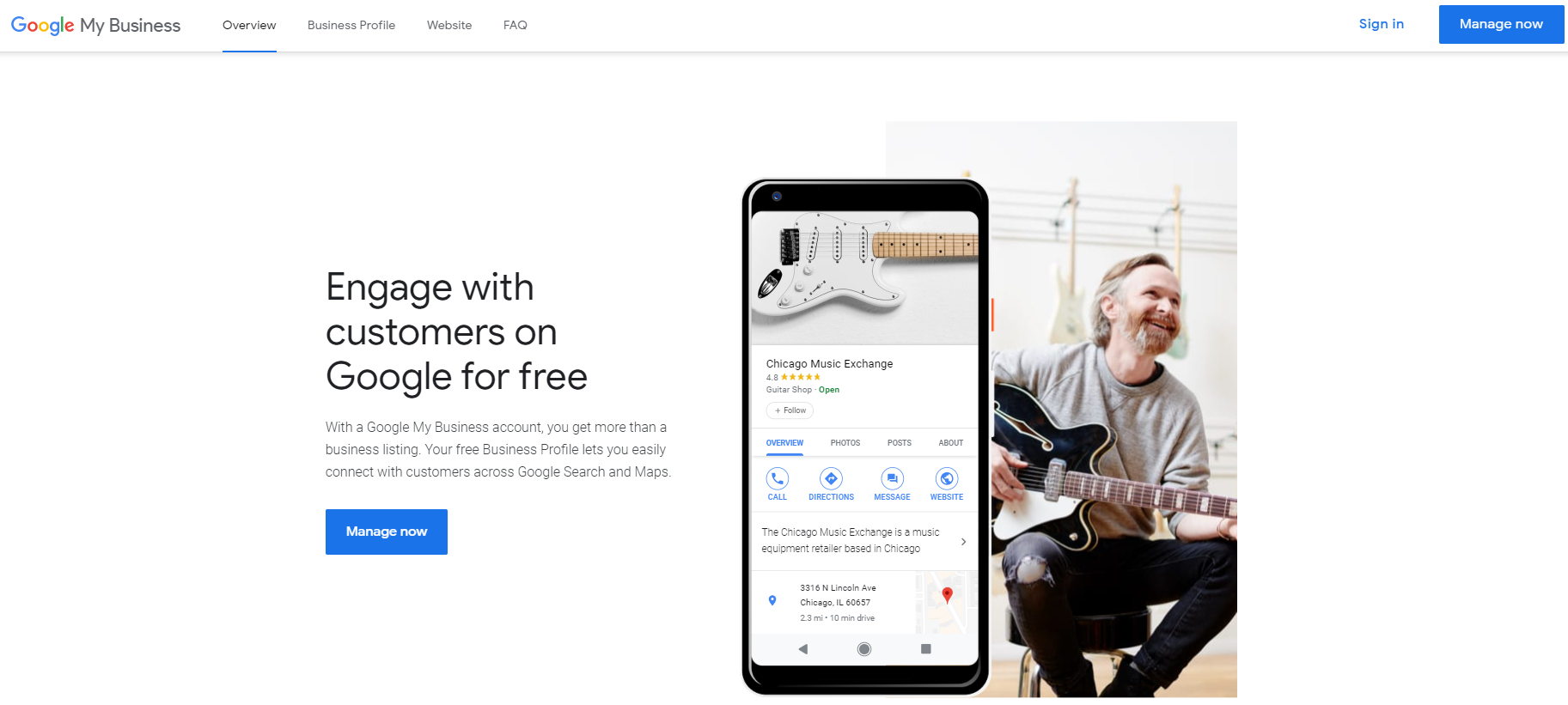Steph W. from SEOPressor


...help you check your website and tell you exactly how to rank higher?


98
score %
SEO Score

Found us from search engine?
We rank high, you can too.
SEOPressor helps you to optimize your on-page SEO for higher & improved search ranking.
By vivian on April 28, 2020

Search engine optimization (SEO) is a phrase that strikes fear into the hearts of many small business owners. It’s not surprising—most of them don’t know the first thing about small business SEO.
It doesn’t help that, in most cases, SEO is associated with thriving businesses that are resourceful enough to hire entire IT teams to manage their online presence.
You, on the other hand, are probably still struggling to break even, so why should you even bother about stuff like SEO?
Well, here’s why:
SEO is a vital component of online marketing, but many small business owners don’t know where or how to start. If you are currently in such a predicament, then you have come to the right place.
This article is a guide on how to get acquainted with small business SEO. By the end of it, you should be equipped with enough know-how to successfully deploy SEO tactics for the benefit of your small business.
Let’s get started!
If you go online right now and search for, say, a restaurant or a dental clinic, or even a yoga studio near you, you will get a list of websites. This list is not in random order.

The first result on the search engine result page (we call it a SERP in short) features the website with the best SEO.
That decision is made primarily by search engine algorithms, which rank websites based on the quality of the user experience they offer.
User experience is aggregated from the website’s content quality, links, and page speed, to mention a few factors.
Google’s algorithm, for instance, ranks websites based on a list of over 200 factors!

Small business SEO has many benefits, especially if your business has no online presence.
For starters, it gives you access to a global audience—the internet is full of people searching for the products and services that you offer—making it easier to gain more customers and spread brand awareness.
Another huge benefit of SEO is that it is a cheap but highly effective marketing strategy. Compared to the old methods—TV, radio, flyers, newspaper advertisements; the works—SEO marketing is so much cheaper, and about a hundred times more effective.
Still, when someone asks about the top reasons why deploying SEO is an excellent strategy for a small business, what is the right response?
Think of your website as a single folder in a drawer full of files, and SEO as the tag you use to label it. There is no particular order to the files; the only way to find what you need is by checking the tags.
Without a tag, which in our case, is SEO, it is very difficult to find your site in the sea of websites. But, with a proper tag, your site becomes easy to find.
Search algorithms like websites with good SEO. The more refined your SEO is, the higher they rank you. That’s because a website with good SEO is a useful website.
The more traffic your site gets, the bigger your online presence will be. Over time, your brand gets more and more recognition with the right SEO practices.
Increased web traffic equals more leads. Leads ultimately turn into conversions, and with the right customer care practices, converted clients can give you repeat business for a long time.
For a small business owner to benefit from SEO, they first need to know the best SEO practices for their particular business. That can mean different things to different firms.

If you run a courier service that delivers across states, on the other hand, your focus should be on improving your website’s overall visibility, because you will be getting clients from across the country (online).
If you own a food delivery service, for example, that caters to clients within a specific locale only, your business will benefit more from local SEO.
The type of business you run matters a lot when thinking about the right SEO tactics to deploy. There are different types of SEO, each of which complements the other in some way or another.
On-page SEO refers to the practices or tactics you deploy on your website to improve its ranking.
Keyword research is a vital component of on-page SEO. Keywords refer to the specific search terms used by your audience to find your website/business.
Popular keywords tend to be overcrowded with results because many small business owners like you use them.
To supplement those, some use long-tail and geo-targeting keywords as well. Let’s say you’re in the automotive tire industry, for instance.

Your primary keyword may be “replacement tires” or “spare tires.” Both keywords are relatively popular, so you may have to be a little specific.
That’s where a long-tail keyword like “where can I get good replacement tires” or a geo-targeting keyword such as “spare tires in [city name], USA”, comes in handy.
Content optimization is the other crucial on-page SEO tactic to consider. They say that content is king when it comes to SEO because search engine algorithms favor sites that provide value in terms of useful, evergreen content.
Another factor search engine algorithms consider is links, specifically, how many sites link back to yours. The more authoritative your backlinks are, the better the rankings your site gets.
We can go deeper into the nuances of on-page SEO, what works, and what doesn’t, but this is enough information to get you started.
If you’re looking for more, simply head over to our blog and select the “On-Page SEO” category.
Off-page SEO serves to grow a website that’s already established by attracting visits through other websites. Common off-page SEO tactics include:
Off-page SEO brings people to your website; on-page SEO is what keeps them coming back.

Local SEO allows you to get your business seen in the community you live in. When a person who lives in Texas Google’s “best restaurants around me,” the results will contain locally listed businesses with good SEO.
If you’re only interested in generating awareness within the local population, then you need to take small business SEO very seriously.
Google My Business is currently the best tool for small business SEO. But, here’s a list of more Local SEO Tools you can use: 21 Local SEO Tools to Boost Your Local Ranking.

Technical SEO deals with stuff like site crawlability (bots need to access the pages of your website before they can index them in the SERPs) and page speed (how fast your pages load affects your users’ web experience).
It also dislikes duplicated content (search engines don’t like it if you have a lot of pages with similar content, or if your website contains plagiarized stuff).
These are tried and tested small business SEO practices that will get you the right kind of results. With the help of a few SEO tools, your small business can have a growing online presence, even without spending on a whole IT crew.

This is a free web service that lets you check how much of your site is indexed (listed in SERPs) as well as tailor how accessible your site is to Google bots.

This is a tool you need to keep track of your site visits and how visitors behave on your site. With this information, you can improve your site accordingly.
It gives you 5 reports, namely, Realtime, Audience, Acquisition, Behavior, and Conversions. If you want to learn more about them, you can refer to the explanation guide I’ve previously written: How Google Analytics Helps You

This service allows you to choose what pops up when customers search your business’s name.
Through the internet-based service, you can create a profile and include data such as hours of operation, your physical address, contact information, and more.

Small business owners will also find a lot of value in the following tools, which help make your work easier:
Track and monitor your business’ and competitors’ local search rankings has never been more accessible. Grid My Business allows you to quickly identify close to 300 rank positions in one search query with their 15 x 15 grid.
You can even set up automated rank monitoring and receive weekly updates on all of your local search rankings in a comprehensive white-label report. It also supports all locations that can be found on Google Maps.
Track your local search rankings with Grid My Business.

If you write using Google Docs, this one is for you. It’s a Google Docs add-on that is free to install, which allows you to write better, SEO-friendly content that will ultimately get your website ranked higher in SERPs.

SEOPressor Connect is a popular WordPress SEO plugin that lets you tailor your on-page SEO to improve your rankings. It is simple to use, even for small business owners that are just starting their SEO journey.

This is a crucial keyword tool that helps you generate long-tail, semantic, and LSI (latent semantic indexing) keywords. With the right keywords, you can drastically improve your on-page SEO.
SEO may seem complicated or even unnecessary, but it is neither of those things if you know how and where to start. If you can afford it, consider outsourcing your small business SEO needs.
There are several digital marketing agencies out there that offer affordable SEO packages that are tailored to fit in the budgets of startups like yours.
SEO is ultimately beneficial to your business needs even though it may take a while before you start reaping the rewards.
With a little patience and a lot of persistence, the best small business SEO practices can and do pay off tremendously.
Related Posts:
Updated: 28 February 2026


Save thousands of dollars (it’s 100x cheaper)

Zero risk of Google penalty (it’s Google-approved)

Boost your rankings (proven by case studies)
Rank High With This Link Strategy
Precise, Simplified, Fast Internal Linking.
